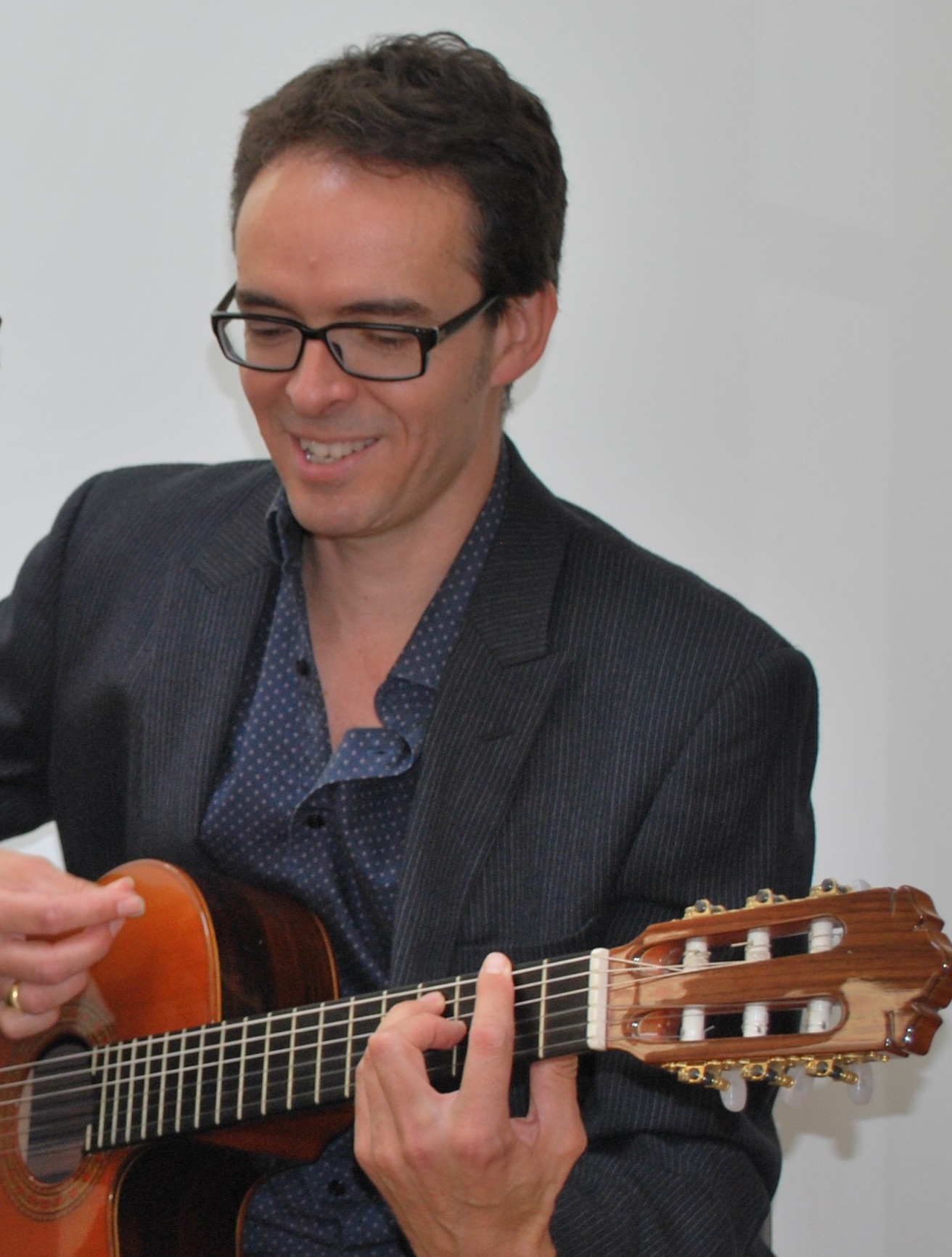In conversation with Merv Young of the London College of Music Examinations

The Covid-19 pandemic has and continues to affect our lives in an endless number of ways. Graded music examination boards during this time have been immensely supportive and have been working hard to adapt to the ever-changing and evolving situation at hand. One of the lesser known boards is the London College of Music Examinations (LCME) that offers graded and diploma qualifications in music as well as drama and communication. It was founded as an external examinations department for the London College of Music, University of West London. We spoke with musician, teacher, author and now Head of the LCME, Merv Young, to learn more about this organisation.

Serenade Team: How has LCME adapted its exams and assessments towards a digital format during the Covid-19 Pandemic?
Merv Young: We are currently offering two distinct strands within our digital structure: we have recorded exams and we have online exams. Our immediate priority, when the lockdown for us started in the middle of March, was to try and implement something that would enable us to capture at least a good proportion of our spring candidates that had already booked an exam. We managed to move relatively quickly towards having a recorded exam platform in place. The regulatory bodies were fortunately very flexible and recognised the interim measures needed to be in place to enable awarding organisations to respond to the crisis that was unfolding.
Relatively quickly after that lockdown for us, we launched our recorded exam platform that enabled us to offer a particular strand of our exams called recital grades in most of our music subjects upto Grade 8. These are based around the submission of performance primarily with the recording of technical works, scales, arpeggios, chords and the viva section which is the discussion part of it as well. They don’t include the assessment of sight-reading or aural which is not possible on a recording. More recently, in the month of June, we’ve launched our online exam platform. These are live, traditional, graded exams with all the usual components for a face-to-face graded exam and are conducted on an online platform live with the examiner. These are available for all our subjects. We are introducing them initially upto grade 4 only. I know other boards are exploring options and are adopting a slightly different approach. My reason for going upto grade 4 only is that I want to be sure that the online platform is completely reliable as a tool particularly for assessing some of the more subtle nuances that come in at the higher grades. The process is different in many respects for higher grades compared to the lower ones. The feedback on this approach has been positive so far.
ST: As a guitarist and author of several examination books, what is your process towards choosing pieces for various graded levels?
MY: When I was working as a teacher, it was all about encouraging an enthusiasm for the enjoyment of music and of instruments. We try selecting pieces with that ethos in mind. Drawing music increasingly from a range of cultural backgrounds, adjusting the imbalance between male and female composers and ensuring that the music is appropriate for various grade levels with a structured approach to learning new techniques, ideas and styles are some factors that we take into consideration. At the end of the day, we just want to try and ensure that the things that are going to be played are going to be fun. We work closely with a good network of syllabus compilers, composers and arrangers who are also teachers and experienced performers and some of them may be examiners as well. So we’ve got that whole sort of a mixed background of expertise that we employ as a part of the process.
ST: Before your association with LCME you were with the Registry of Guitar Tutors. How did you get involved with the LCM graded music examinations?
MY: I first learned about LCM as an exam board many years ago when I was taking my guitar exams. As a child, I worked through various instruments as many of us do. I played piano, cello, saxophone and tried them all till I got serious with the guitar and fell in love with it. I started taking graded music exams and my journey then just sort of slowly in its own time carried on from those initial grades. I gradually realised I wanted to take it more seriously and started thinking about doing some teaching. I then started looking at some of the diplomas and did some of those. Eventually I was asked to apply to become one of the examiners for the RGT exams which were done for the Registry of Guitar Tutors. So that’s how my journey then started. Back then, it really was heartening to discover an exam board like LCME clearly trying to embrace new things and approaches. It is something that we pride ourselves on doing with having innovative approaches to assessments as well as new subjects. It is something that is quite close to us as an institution and that was genuinely one of the attractors for me in those early stages.
ST: Why are graded music examinations important for students?
MY: I think there are a number of reasons. If you’re looking at children for instance that know each other and are with the same teacher, a bit of competitive spirit can kick in along the way which does no harm. We all know of teachers who are happy to let the students steer the lesson. I’m not saying that doesn’t have its place but without any structure, all the student is doing is learning how to play another song. There is no support around theory, aural developments or the structured process of learning about different styles. You go to a teacher because the teacher can provide you with a level of expertise. That is why, working in music education, I will encourage somebody to have lessons rather than for everybody to be self taught. The experience that you get from a teacher and working with a syllabus gives you that structured approach and a way of measuring the development of the candidate’s progress.
In a positive way, the pressure you are under as a candidate in the exam room is like nothing else. I had been a gigging musician for quite a while so I came in a fairly high grade in the first guitar exam that I took. But the nerves I felt were like nothing. Walking into that room with one or two people sitting behind the desk does freak some people out. The confidence however that it gives you is important. I am very proud of our examiner panel who do work very hard to ensure that the exam room experience is as pleasant as it can be.
ST: What is the future you see for music examinations considering the present situation?
MY: Personally, I feel that the world is a different place now. To some extent, I feel that the world isn’t going to be the same again. What we are going through now is going to have an impact on us globally at least for a good while. We have to embrace the digital options that are available. As an exam board, we are absolutely committed to returning to our face-to-face exams globally.





